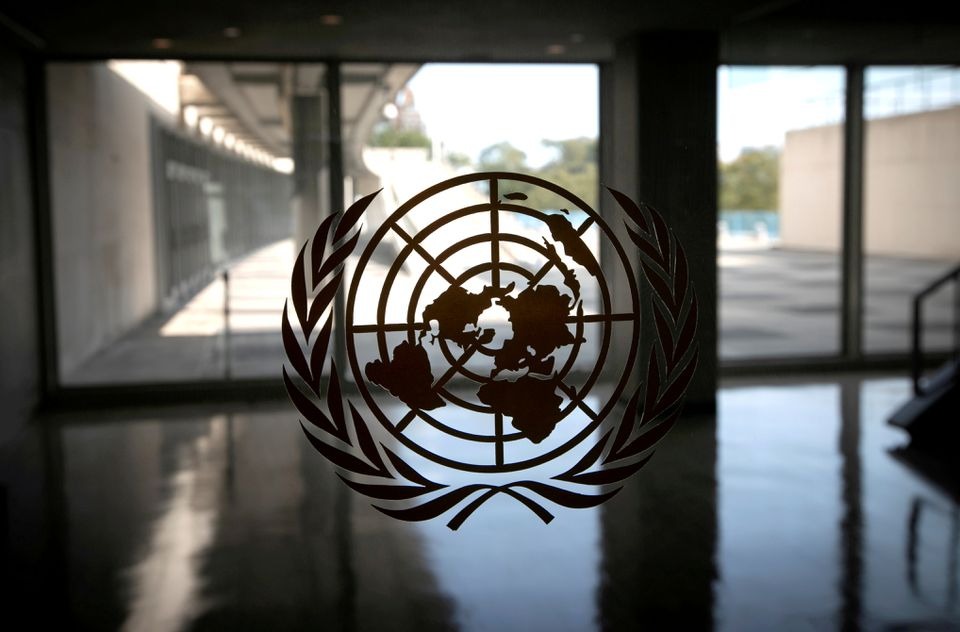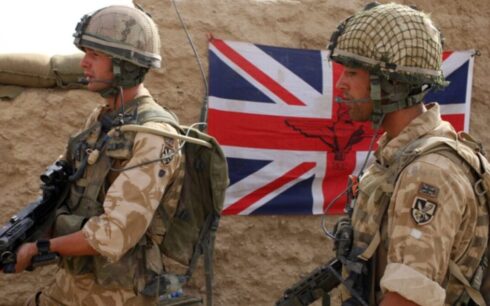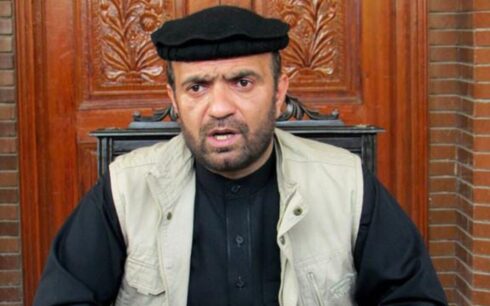KABUL, Afghanistan — A draft proposal from the UN for Afghanistan has identified six core areas for negotiation, offering a potential path toward a political settlement between the Taliban and the international community, according to documents reviewed by Amu TV and individuals familiar with the process.
Circulated in February during consultations in Doha, the proposal — titled “Roadmap: Comprehensive Approach to Afghanistan” — sets out an initial framework for structured dialogue. It includes three key demands from the international community and three from the Taliban, reflecting long-standing areas of contention between the two sides.
The international community’s priorities include the formation of an inclusive government, adherence to human rights obligations — particularly regarding women and girls — and cooperation on counterterrorism. The Taliban, in turn, are seeking the lifting of international sanctions, control over Afghanistan’s diplomatic missions abroad, and access to frozen central bank assets.
The draft outlines two tracks for engagement. The first, an extension of the “Doha Format,” would involve technical working groups focused on issues such as narcotics, women’s rights, sanctions, governance, and economic cooperation. The second, more politically sensitive track, centers on the six headline demands that both the Taliban and international actors have identified as preconditions for further talks.
UN officials have framed the plan as a first step toward building a structured political process that can accommodate the interests of all parties — including the Taliban, the Afghan public, and foreign governments. But the initiative has already drawn criticism over its inclusivity and direction.
Shinkai Karokhail, a former member of Afghanistan’s parliament, said the UN had failed to meaningfully consult with Afghan civil society. “There should have been engagement with political groups, women’s movements, and civil society actors,” she said. “Instead, it seems the UN has focused primarily on the Taliban’s priorities — like access to frozen funds, diplomatic recognition, and removal from sanctions lists — with little attention paid to the demands of ordinary Afghans.”
Human rights advocates have voiced similar concerns. Human Rights Watch warned that while the Taliban’s demands appear firm and irreversible, the international community’s expectations remain vague and subject to retreat.
The UN has said its goal is to find a “fair and balanced political pathway,” but the proposal remains in draft form and has not been formally endorsed. According to officials, consultations are ongoing and further steps will be required before a formal political process can begin.
The Taliban, for their part, have continued to reject proposals for forming an inclusive government, and human rights conditions — particularly for women and girls — remain a major concern among rights monitors and Western governments.





